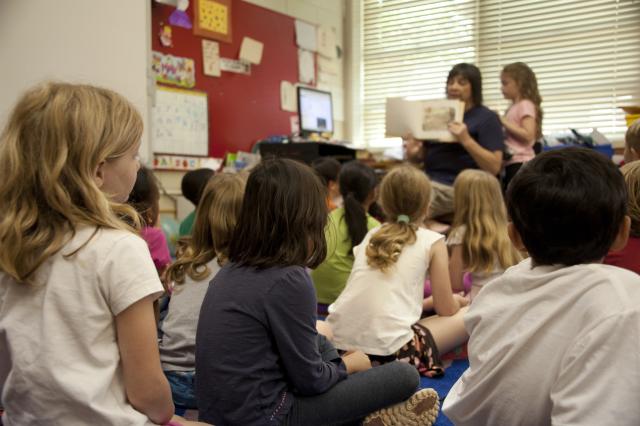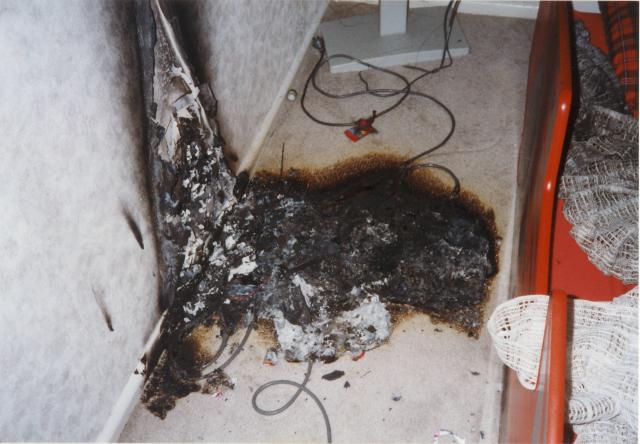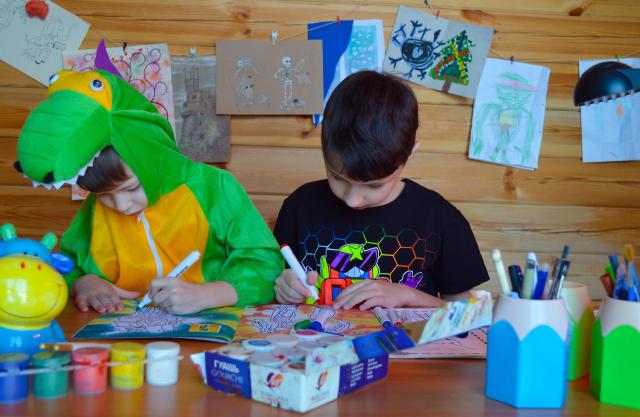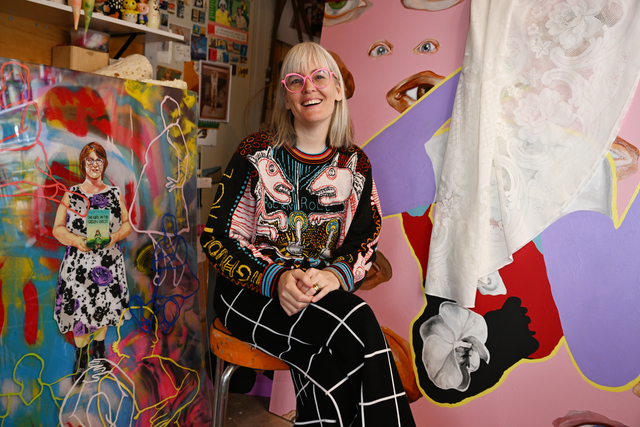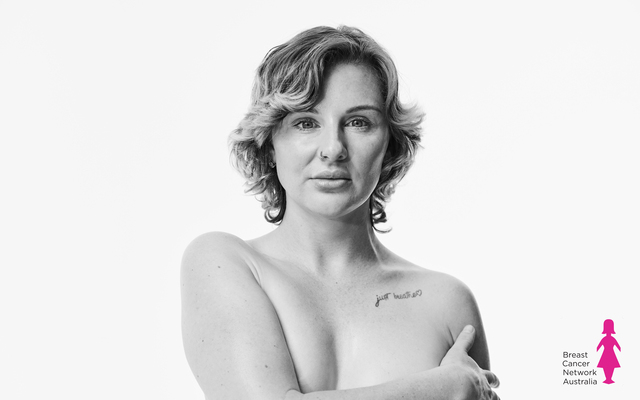Since 2019 the Alannah & Madeline Foundation has been assisting early years educators in Brimbank and Melton guide children through trauma, and it’s looking to expand its reach in the region.
On April 28, 1996, Alannah and Madeline Mikac, aged six and three, were tragically killed alongside their mother and 32 others at Port Arthur in Tasmania.
One year later, the Alannah & Madeline Foundation was launched in the girls’ honour by their father Walter Mikac AM and a small group of volunteers, driven by the belief that all children and young people should be able to live a happy and safe life, free from violence and trauma.
Alanna & Madeline Foundation head of Trauma Consultancy Service (TraCS) Kathy Warwick said that about 7 years ago, the organisation received a number of enquiries about its Children Ahead service from early years educators in Melton and Brimbank.
“They were dealing with really complex issues related to children experiencing trauma within the community,” she said.
“Managing complex trauma is something that is out of their area of expertise but it’s something they’re asked to manage all the time.”
In 2019 the state government’s School Readiness Funding allowed the foundation to create a new arm of its work, the Trauma Consultancy Service (TraCS), with Melton and Brimbank being among the first areas of operation.
The program works with educators to build their capacity to understand how trauma presents in a kindergarten or daycare service through delivers trauma training and in-session coaching support.
Ms Warwick said the foundation partnered with Monash University to evaluate the program, which found that 50 per cent of educators were considering leaving the workforce and 40 per cent reported exposure to children’s trauma impacted their lives outside work.
However, the study found that after undertaking a TraCS program, education centres reported improvement in three key areas – strengthening attitudes of educators, increasing knowledge and strengthening practice.
“It can be really powerful… I’ve watched educators who have changed language, sense of confidence and ability to understand what they’re seeing,” she said.
“Educators who are able to recognise a child’s really challenging behaviour and build confidence to engage with that child and the family differently can open up conversations about what’s needed.”
The program currently services about 35 centres across Melton-Brimbank, but Ms Warick said the organisation still wants to reach further into the community.
“The more we can have educators and services know we exist, the more we’re able to build stronger communities. We strengthen the whole region,” she said.

